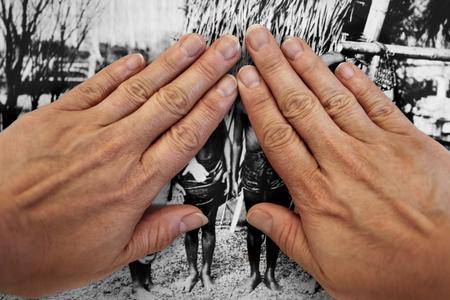One of the year's most anticipated preservation projects has been the National Trust for Historic Preservation's Green Lab, an office based here in Seattle that will by a catalyst for promoting historic and neighborhood preservation policies as part of a drive to link preservation with sustainability and green rehabilitation projects.
Hired to head the Trust's lab is local former developer Liz Dunn who, through her firm Dunn + Hobbes, has been an important player in projects on Capitol Hill and notably the Pike/Pine corridor, including the Pacific Supply, Piston & Ring, and Melrose Triangle redevelopments. Dunn will be based in Seattle but also oversee Green Lab projects in San Francisco and Dubuque, Iowa.
The official announcement of her hire and the kick-off of the Lab will be made today (March 25) by Mayor Greg Nickels and National Trust for Historic Preservation President Richard Moe.
Dunn is a believer that increasing urban density and historic preservation need not be at cross-purposes. New development should be of high quality, she says, and "we've got to stop tearing down stuff that defines the character of neighborhoods." Resistance to density increases when cherished neighbs are treated roughly by new development, and that's self-defeating because it not only blocks sustainability, but stripping the richness and history out of neighborhoods destroys what made them appealing to urbanites in the first place. As she told The Stranger awhile back, "If we tear down all the cool old buildings in Pike/Pine, that neighborhood's not going to be that interesting anymore."
The Green Lab she'll head is being set up (with help from $50,000 in funding from the City) to find ways to promote green development by re-using and retrofitting existing structures, and by finding ways to integrate new projects into neighborhoods without destroying local character. This will mean looking at making adjustments in rules and incentives to make make it easier for developers to consider saving buildings rather than tearing them down and starting from scratch. The issue isn't so much with landmarks as with the bread-and-butter older structures that still have many years of use still in them and help make a community what it is.
A preview of the project was offered by the Trust's Moe who spoke last night at the recently saved First United Methodist Church sanctuary in downtown Seattle, one of the city's most recent preservation success stories. Moe was preaching to the choir gathered to hear the gospel of preservation. The Trust is touting the environmental benefits of re-using existing structures. Moe says that while everyone talks about the carbon footprint of transportation, a much larger share of emissions (43% compared with 32%) are from the operation of buildings.
And older buildings are generally more energy efficient than newer ones, or can be upgraded with less consumption than new construction. But in a world of diminishing resources, we've yet to get the message. The Brookings Institution predicts that by 2030 we will have demolished one third of all existing buildings, a situation Moe describes as a "wasteful orgy of destruction." We obsess about recycling cans, bottles and newspapers, why not buildings? In singing the praises of repairing and retrofitting older structures, he quoted Van Jones, author of The Green Collar Economy, who writes that "the main piece of technology in the green economy is a caulking gun."
Dunn will be looking for showcase projects to get the Green Lab off the ground, ones that can demonstrate the win-win aspects of preservation, density, sustainability, and neighborhood protection. Groups are already preparing their lists of possible showcase projects. Topping Historic Seattle's list is Washington Hall, a landmark much in need to a makeover.
The Dunn appointment has been well-received by local preservationists. The Washington Trust for Historic Preservation said it was "thrilled," Susan Boyle of BOLA Architecture and Planning, a leading historic preservation consultant who specializes in modern architecture, says the choice is "great," and Kathleen Brooker of Historic Seattle says Dunn's a "terrific choice." Kathryn Merlino, assistant professor of architecture at the University of Washington who teaches a course in preservation, praised the choice of a fortysomething with a development background for the job. "I think someone young(ish), experienced in adaptive reuse and not from the field of design or preservation directly could be just what [the Lab] needs. She has the developer point of view so economics will play a strong force, and I think this is the only way something like this will really get off the ground."


